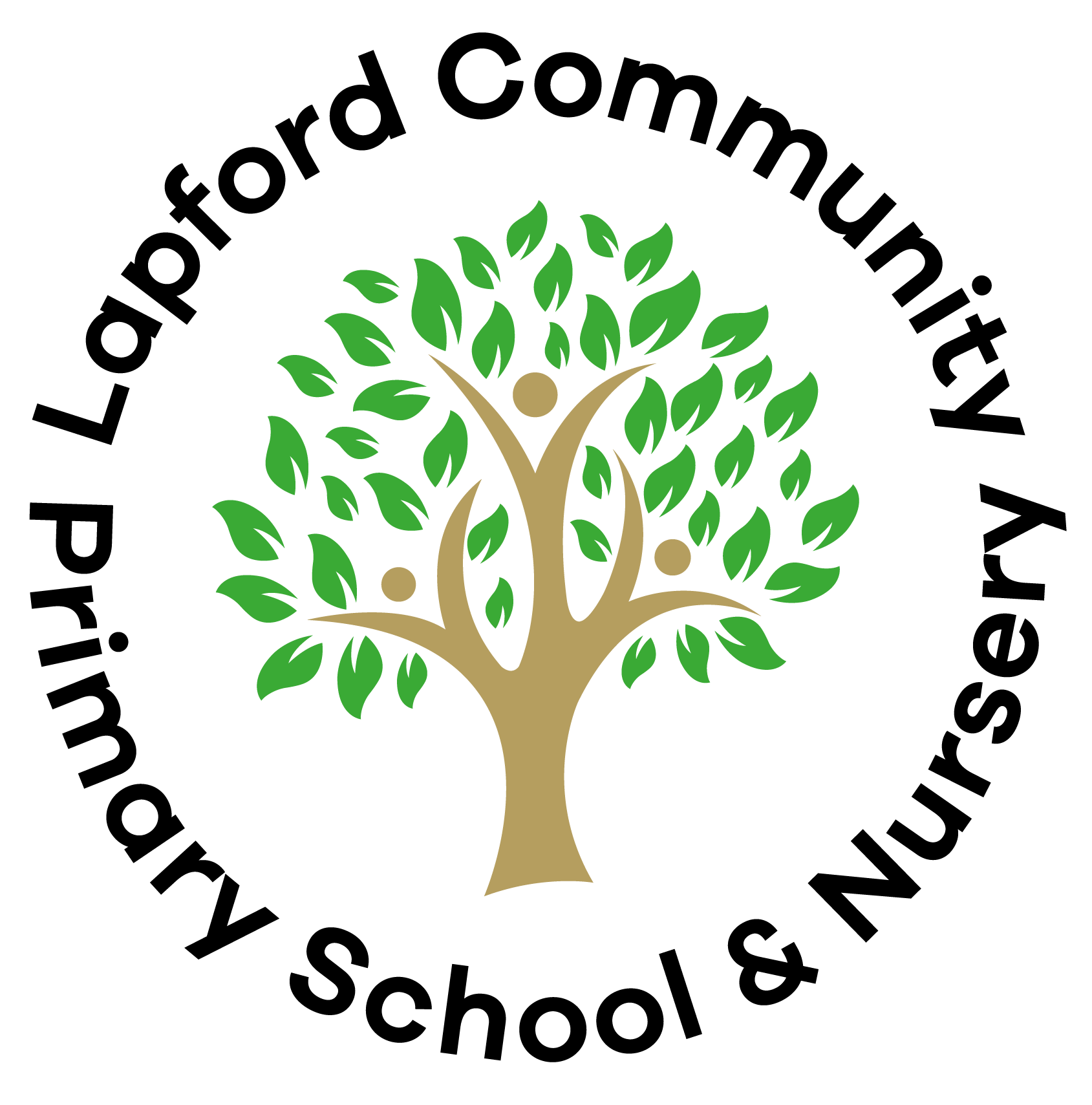Maths
Subject Vision:
“Mathematics reveals its secret only to those who approach it with love, for its own beauty.” Archimedes
Our vision for maths is based on a ‘mastery’ approach to teaching and learning in mathematics and it is our aim that all pupils:
• Become fluent in the fundamentals of mathematics so that they develop conceptual understanding and the ability to recall and apply knowledge rapidly and accurately.
• Can solve problems by applying their mathematics to a variety of problems with increasing sophistication, including in unfamiliar contexts and to model real-life scenarios.
• Can reason mathematically by following a line of enquiry and develop and present a justification, argument or proof using mathematical language.
Intent:
We believe that ability within Mathematics is not fixed. We are developing the mindsets of children and adults alike to develop a Growth Mindset and a ‘We Can’ attitude to Mathematics. We believe that through quality first teaching and intelligent practice, children learning together and immediate intervention that all children have the potential to ‘go deeper’ and broaden their understanding of mathematical concepts.
Our definition of Mastery: At Lapford Community Primary School we have a core set of principles and beliefs for achieving mastery in mathematics. This includes a belief that all pupils are capable of understanding and doing mathematics. Pupils are neither ‘born with the maths gene’ or ‘just no good at maths’. With good teaching, appropriate resources, effort and a ‘can do’ attitude, all children can achieve and enjoy mathematics.
Mastery is not just being able to memorise key facts and procedures and to answer test questions accurately and quickly. Mastery involves knowing why as well as knowing what and knowing how. It means being able to use one’s knowledge appropriately, flexibly and creatively and to apply it in new and unfamiliar situations.
For all maths concepts teachers need to ensure that children are “challenged through being offered rich and sophisticated problems.” After developing fluency, children need to show that they can apply their knowledge in mathematics and then move on even further to prove they have mastered the concept.
Implementation:
Lapford Community Primary School has chosen to deliver a methodical curriculum design, based on skill progression. Every class from EYFS to Y6 follows the White Rose scheme of learning which is based on the National Curriculum. Lessons may be personalised to address the individual needs and requirements for a class but coverage is maintained. These teaching sequences are blocked to enable a depth of understanding for all. In Early Years, our aim is to ensure that all children develop firm mathematical foundations in a way that is engaging, and appropriate for their age. In Year 1 number is revisited in all terms; other year groups reinforce number fluency through arithmetic starters. This is because we believe that number underpins all areas of mathematics. Our curriculum interweaves prior content with new concepts, and teachers provide opportunities for the revisiting and consolidation of previously taught knowledge and skills within lessons and the rest of the school day. Our scheme of learning is supplemented with a wide range of additional resources (including but not exclusively NCETM and NRich) to ensure children can use and apply skills learnt to a variety of different contexts.
New learning is taught through the CONCRETE-PICTORIAL-ABSTRACT approach (based on research by Bruner) to ensure children have a true understanding of a concept. Children are encouraged to demonstrate independence, ownership and resilience towards their learning through self-selecting an appropriate level of challenge.
Assessment at the end of a block of learning is used to ensure that areas that need revisiting are identified and covered during the starter of each lesson, this ensures that children retain the skills and knowledge taught earlier in the year or in the previous year. The intervention blocks are matched to the units taught in class and this enables children to catch up and keep up. Each term, teachers use NFER assessments to show progress and to feed into school tracking documents.
To enable pupils to develop their reasoning and justification skills, teachers plan for rich mathematical discussions and model the expectations using precise mathematical vocabulary and sentence starters, which are clearly displayed and referred to on working walls. All staff working in classrooms (including TAs) have participated in CPD sessions designed to develop the teaching of reasoning and language in mathematics.
In accordance with our feedback and communication policy, teachers will offer timely feedback, either written or verbal, which will identify or address misconceptions and offer further challenge through questions and prompts. Children are encouraged to reflect and improve on their understanding and time is given before the next lesson in the sequence to address this.
Impact:
As a result, our school has a community of enthusiastic mathematicians who enjoy showcasing their developing knowledge and skills. They are confident to take risks in their learning and love to discuss and share their ideas. Evidence of this can be seen in the outcomes of work in maths books. This is also evident when talking to the children; in the high quality of work in their books; in end of learning sequence assessment tasks and in attainment at end of Key Stages. Pupils know how and why maths is used in the outside world and in the workplace. They know about different ways that maths can be used to support their future potential. Mathematical concepts or skills are mastered when a child can show it in multiple ways, using the mathematical language to explain their ideas, and can independently apply the concept to new problems in unfamiliar situations. Children demonstrate a quick recall of facts and procedures. This includes the recollection of the times table.
